When it comes to selecting the best trailer bed material, manufacturers and consumers alike prioritize durability, weight, maintenance, and cost-effectiveness. At CarMax Vehicle, we understand the critical role that trailer bed materials play in ensuring the longevity and performance of your semi-trailer. This guide delves into the various materials available, their pros and cons, and how to make an informed decision that aligns with your specific needs.
Understanding Trailer Bed Materials
Trailer beds are the foundation of any trailer, supporting the cargo and withstanding various environmental conditions. The choice of material affects not only the trailer’s durability but also its maintenance requirements and overall cost. The most common trailer bed materials include aluminum, steel, wood, and composite materials.
Aluminum
Aluminum has become increasingly popular due to its lightweight nature and resistance to corrosion.
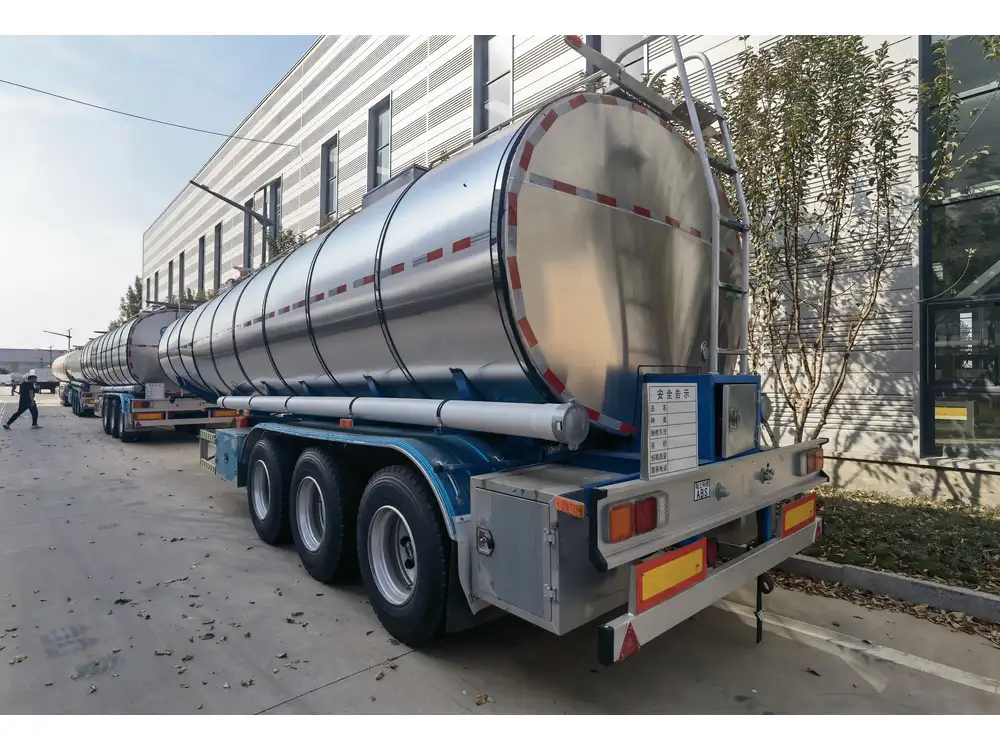
Advantages:
- Lightweight: Reduces overall trailer weight, improving fuel efficiency.
- Corrosion-Resistant: Ideal for environments prone to moisture and salt.
- Low Maintenance: Requires less upkeep compared to other materials.
- High Strength-to-Weight Ratio: Provides robust support without adding excessive weight.
Disadvantages:
- Cost: Generally more expensive than steel.
- Scratch-Prone: While resistant to corrosion, aluminum can scratch more easily, which may affect aesthetics.
Steel
Steel has been a traditional choice for trailer beds, known for its strength and durability.

Advantages:
- High Strength: Capable of handling heavy loads without bending or breaking.
- Cost-Effective: Generally cheaper than aluminum.
- Easily Repairable: Damage can often be repaired more straightforwardly than with aluminum.
Disadvantages:
- Heavy: Increases the overall weight of the trailer, potentially reducing fuel efficiency.
- Corrosion-Prone: Requires regular maintenance to prevent rust, especially in harsh climates.
Wood
Wood trailer beds are less common today but are still used in specific applications.
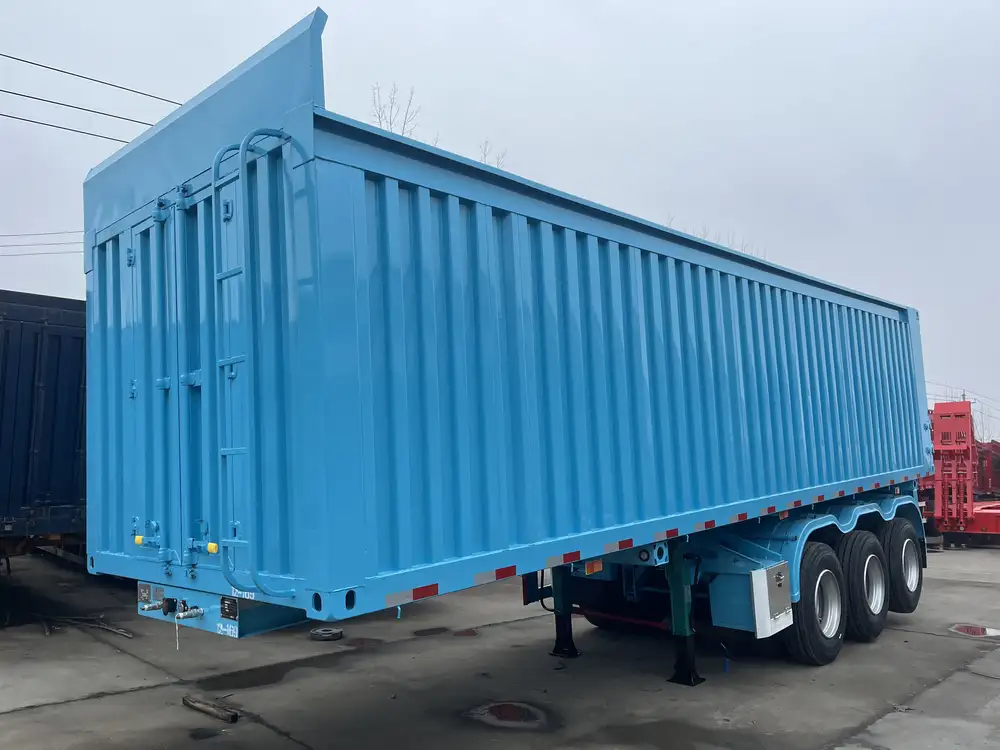
Advantages:
- Flexibility: Can be customized easily to fit various shapes and sizes.
- Cost: Initial costs can be lower than metal options.
Disadvantages:
- Maintenance-Intensive: Susceptible to rot, warping, and termite damage.
- Lower Durability: Not as long-lasting as metal or composite materials.
Composite Materials
Composite materials are emerging as a versatile option, combining various materials to enhance performance.

Advantages:
- Lightweight: Similar benefits to aluminum in reducing overall trailer weight.
- Durable: Resistant to corrosion and wear, offering a long service life.
- Low Maintenance: Requires minimal upkeep compared to wood and steel.
Disadvantages:
- Cost: Can be more expensive upfront.
- Manufacturing Complexity: Requires advanced manufacturing processes, which might limit availability.
Comparative Analysis of Trailer Bed Materials
To facilitate a clearer understanding, here’s a comparative table highlighting the key features of each material:
| Material | Weight | Durability | Corrosion Resistance | Cost | Maintenance |
|---|---|---|---|---|---|
| Aluminum | Lightweight | High | Excellent | High | Low |
| Steel | Heavy | Very High | Moderate | Medium | High |
| Wood | Moderate | Low to Moderate | Low | Low | Very High |
| Composite | Lightweight | High | Excellent | High | Low |
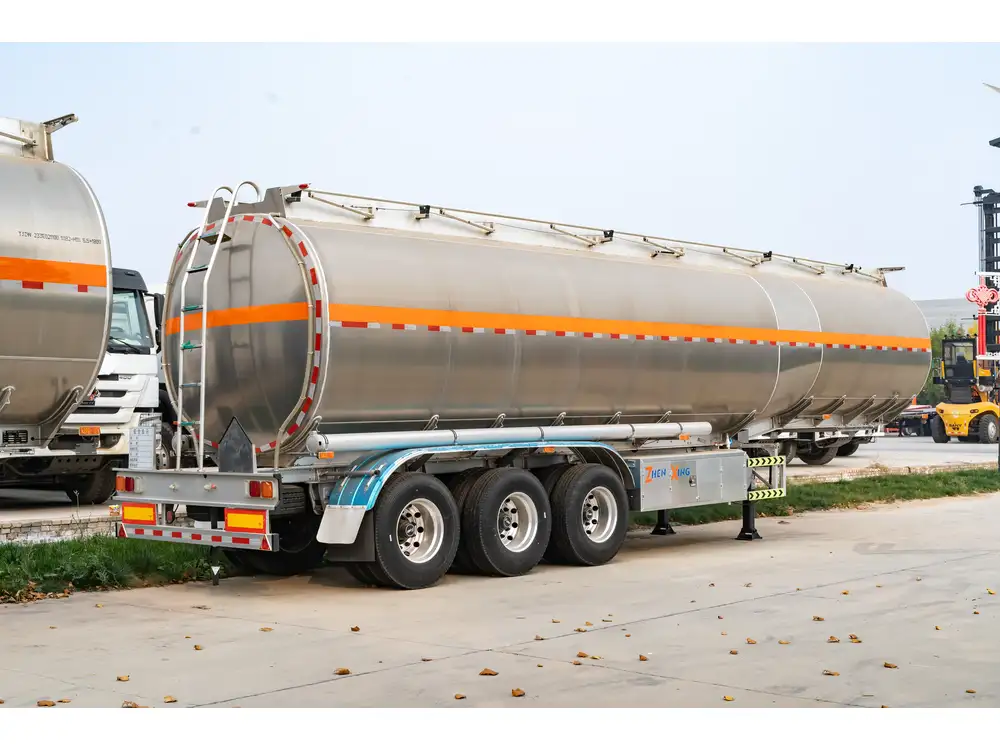
Factors to Consider When Choosing Trailer Bed Material
Selecting the best trailer bed material involves evaluating several factors to ensure it meets your specific requirements.
Load Capacity
The weight and type of cargo you intend to carry play a significant role in material selection. Heavier loads may benefit from the strength of steel, while lighter loads might be well-served by aluminum or composite materials.
Environmental Conditions
Exposure to moisture, salt, and varying temperatures can affect material performance. Aluminum and composites offer superior corrosion resistance, making them suitable for harsh environments.

Weight Considerations
A lighter trailer contributes to better fuel efficiency and payload capacity. Aluminum and composites are ideal for those looking to minimize weight without compromising strength.
Budget Constraints
While aluminum and composite materials offer numerous benefits, they come at a higher initial cost compared to steel and wood. Balancing upfront costs with long-term benefits is crucial.
Maintenance Requirements
Consider the time and resources you’re willing to invest in maintaining your trailer. Aluminum and composites typically require less maintenance, whereas steel and wood demand more regular upkeep.
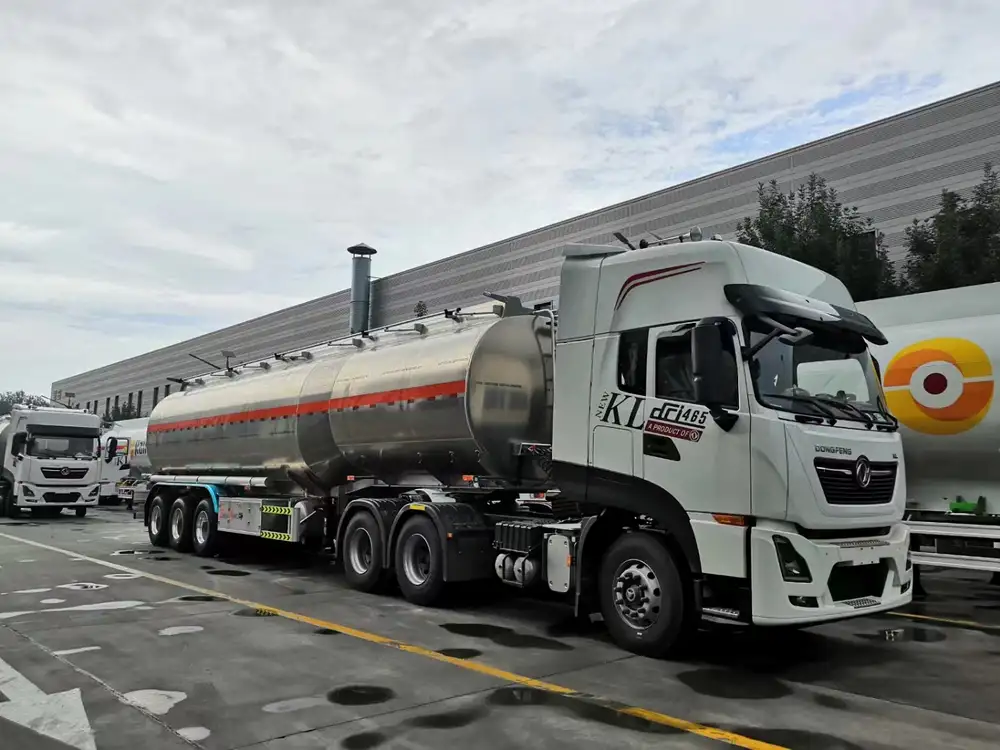
CarMax Vehicle’s Preferred Material: Aluminum
At CarMax Vehicle, we advocate for aluminum trailer beds due to their exceptional balance of strength, weight, and durability. Our CarMax Trailers are engineered to provide optimal performance, leveraging aluminum’s advantages to deliver a product that stands the test of time.
Why Choose Aluminum with CarMax Vehicle?
- Enhanced Fuel Efficiency: The lightweight nature of aluminum reduces the overall trailer weight, leading to better fuel economy.
- Superior Durability: Aluminum’s resistance to corrosion ensures that your trailer remains in excellent condition, even in challenging environments.
- Ease of Maintenance: With minimal maintenance requirements, your trailer stays ready for use with less effort.
- Aesthetic Appeal: Aluminum offers a clean, modern look that maintains its appearance over time.
- Sustainability: Aluminum is recyclable, contributing to environmentally responsible manufacturing practices.
Customizing Your Trailer Bed
Beyond material selection, customization options can further enhance the functionality and appearance of your trailer.

Sleeper Beds
For those requiring sleeping quarters, integrating sleeper beds can add significant value. Our aluminum beds are designed to support additional structures without compromising integrity.
Modular Designs
Modular trailer beds allow for flexibility in cargo handling. Easily reconfigurable sections enable you to adapt the trailer to various load types and sizes.
Reinforced Structures
For heavy-duty applications, reinforced aluminum structures provide extra support, ensuring your trailer can handle demanding tasks with ease.
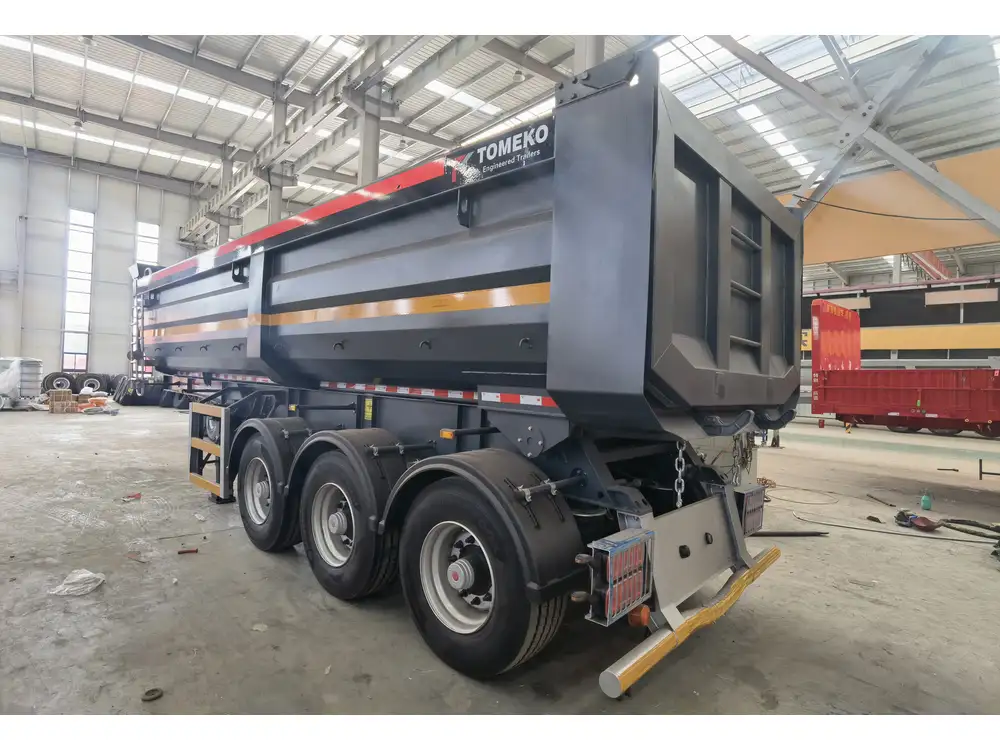
Accessory Integration
Incorporate features such as tie-down points, lighting systems, and storage solutions to increase the trailer’s practicality and user convenience.
Maintenance Tips for Aluminum Trailer Beds
To maximize the lifespan of your aluminum trailer bed, regular maintenance is essential.
Cleaning
- Routine Washing: Remove dirt, debris, and road salts by washing the trailer regularly with fresh water.
- Avoid Harsh Chemicals: Use mild detergents to prevent damaging the aluminum surface.

Inspection
- Regular Checks: Inspect the trailer bed for any signs of damage, such as dents or scratches, which could compromise structural integrity.
- Corrosion Monitoring: Although aluminum is corrosion-resistant, inspect for any unexpected corrosion, especially in high-moisture areas.
Protective Coatings
- Sealants: Apply protective sealants to enhance corrosion resistance and maintain the trailer’s appearance.
- Paint: Consider painting the trailer bed with aluminum-compatible paint for added protection and customization.
Cost-Benefit Analysis: Aluminum vs. Steel
Investing in the right trailer bed material involves understanding the long-term benefits versus the initial costs.

Initial Costs
- Aluminum: Higher upfront costs due to material price and manufacturing processes.
- Steel: Lower initial costs, making it a budget-friendly option.
Long-Term Benefits
- Aluminum:
- Reduced maintenance expenses over time.
- Increased fuel efficiency due to lower weight.
- Extended lifespan in corrosive environments.
- Steel:
- Higher maintenance costs to prevent rust and corrosion.
- Potentially reduced payload capacity due to increased weight.
Resale Value
- Aluminum trailers often retain higher resale values because of their durability and lower maintenance needs.
- Steel trailers may depreciate faster due to visible wear and the need for regular upkeep.
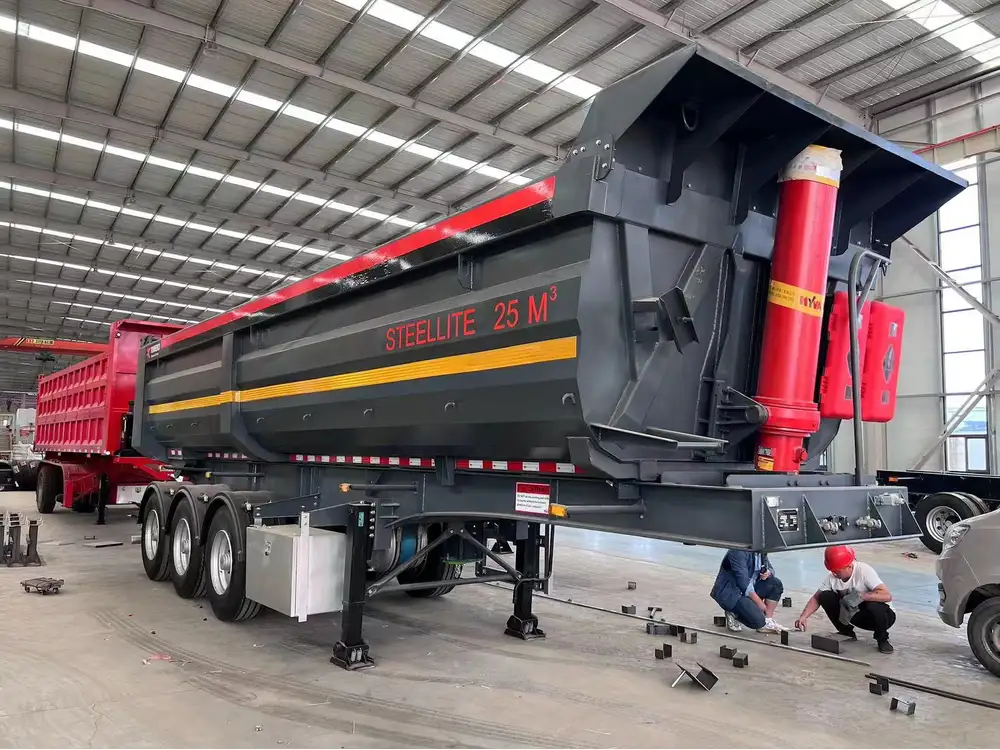
Environmental Impact
Sustainability is becoming a significant consideration in material selection.
Aluminum
- Recyclability: Aluminum is 100% recyclable without loss of properties, making it an environmentally friendly choice.
- Energy Consumption: Recycling aluminum requires significantly less energy compared to producing new aluminum from ore.
Steel
- Recyclability: Steel is also highly recyclable, but the process is energy-intensive.
- Emission Concerns: Steel production contributes to higher greenhouse gas emissions compared to aluminum recycling.

Innovations in Trailer Bed Materials
The trailer manufacturing industry is continually evolving, with new materials and technologies enhancing performance and sustainability.
Advanced Alloys
Developments in aluminum alloys have led to stronger, lighter materials that push the boundaries of trailer design and capability.
Composite Reinforcements
Combining aluminum with composite materials creates hybrid structures that offer superior strength and flexibility, catering to specialized applications.
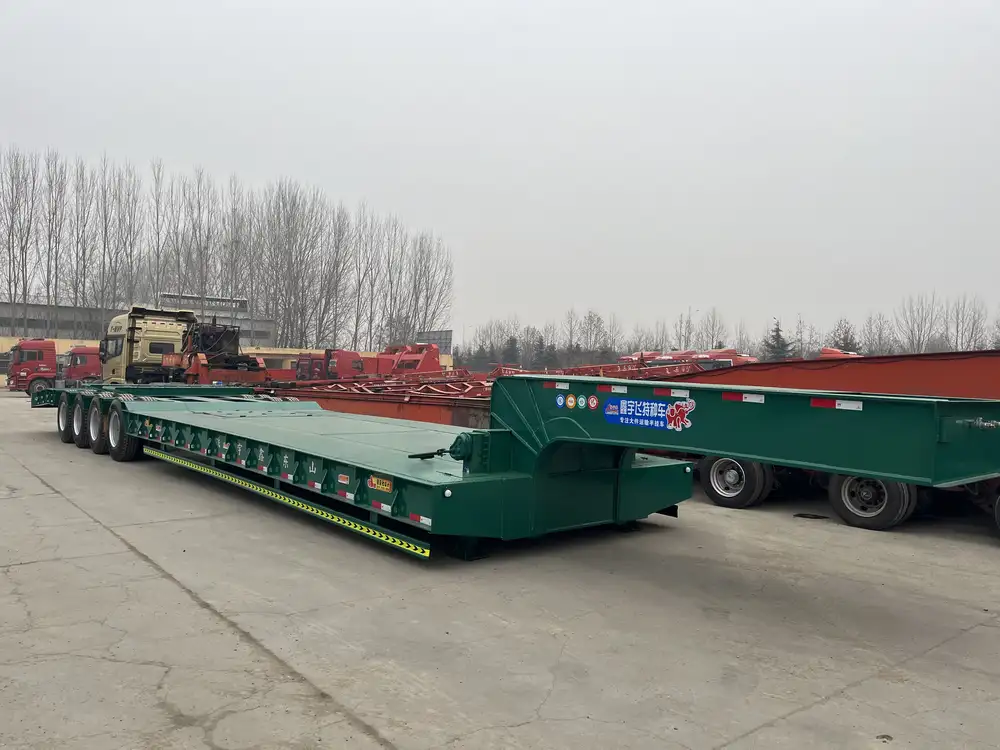
Smart Materials
Incorporating smart materials that can adapt to changing conditions or provide real-time monitoring enhances trailer functionality and safety.
The CarMax Vehicle Advantage
Choosing CarMax Vehicle means partnering with a leader in trailer manufacturing committed to quality, innovation, and customer satisfaction.
Expertise
With years of experience, our team understands the nuances of trailer bed materials and their impact on performance and longevity.
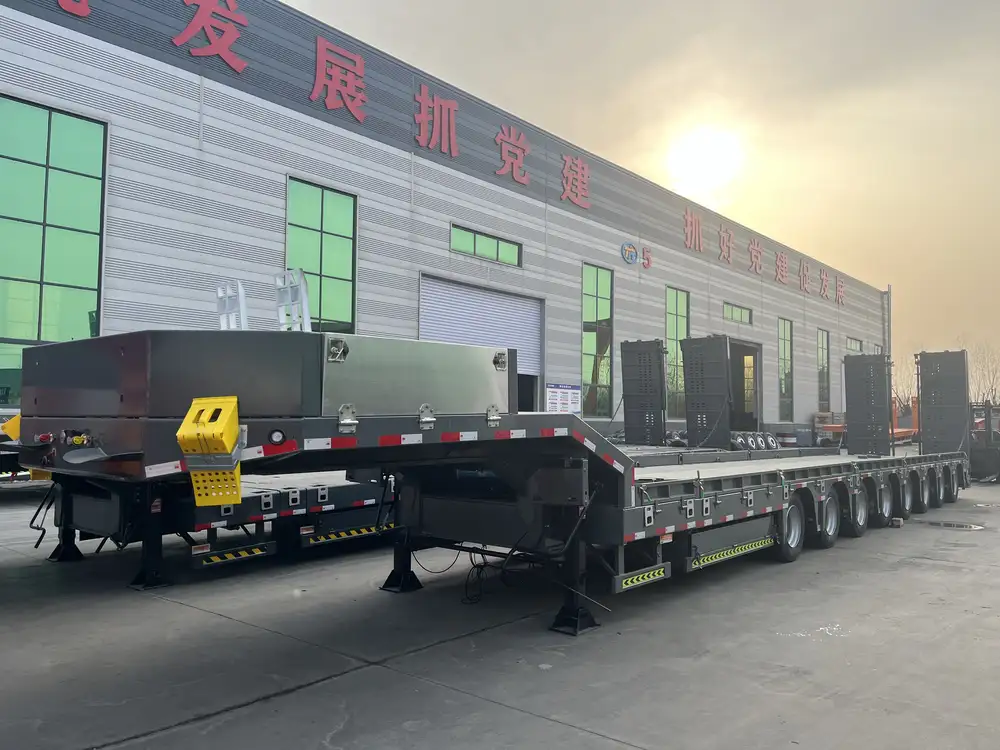
Custom Solutions
We offer tailored solutions to meet your specific requirements, ensuring that our trailers align perfectly with your operational needs.
Quality Assurance
Our rigorous quality control processes ensure that every trailer leaving our facility meets the highest standards of craftsmanship and durability.
Customer Support
From initial consultation to after-sales service, CarMax Vehicle provides comprehensive support to ensure your complete satisfaction.

Making the Right Choice
Selecting the best trailer bed material involves balancing multiple factors, including load requirements, environmental conditions, weight considerations, budget, and maintenance preferences. Aluminum stands out as a superior choice for many applications, offering a blend of strength, lightweight properties, and low maintenance. At CarMax Vehicle, we are dedicated to delivering trailers that not only meet but exceed your expectations, ensuring that your investment translates into reliable performance and long-term value.
Frequently Asked Questions
1. What is the most durable trailer bed material?
Aluminum is considered one of the most durable materials due to its resistance to corrosion and high strength-to-weight ratio. However, steel also offers exceptional durability, especially for heavy-duty applications, provided it is properly maintained to prevent rust.
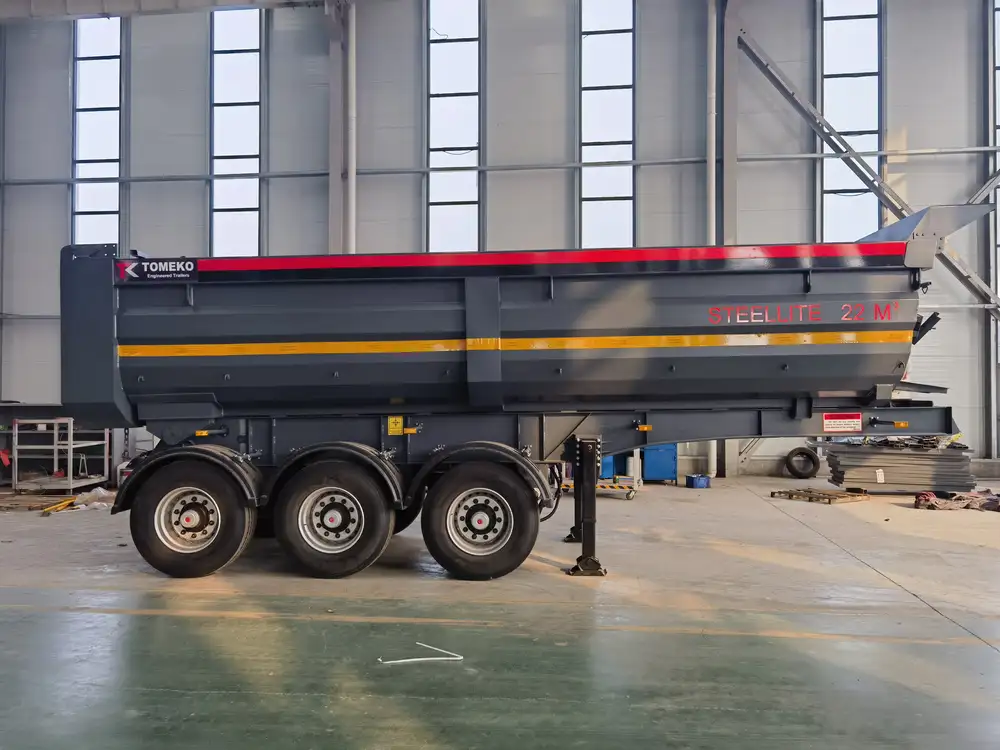
2. How does trailer bed material affect fuel efficiency?
Lighter trailer bed materials like aluminum and composites reduce the overall weight of the trailer, which in turn improves fuel efficiency by decreasing the amount of energy required to move the trailer.
3. Is aluminum trailer bed maintenance difficult?
No, aluminum trailer beds require relatively low maintenance. They are resistant to corrosion, which minimizes the need for frequent upkeep. Regular washing and occasional inspections are typically sufficient to maintain their condition.
4. Can I customize the bed of my CarMax Trailer?
Absolutely. CarMax Vehicle offers a range of customization options, including modular designs, reinforced structures, and accessory integrations to tailor the trailer bed to your specific needs.
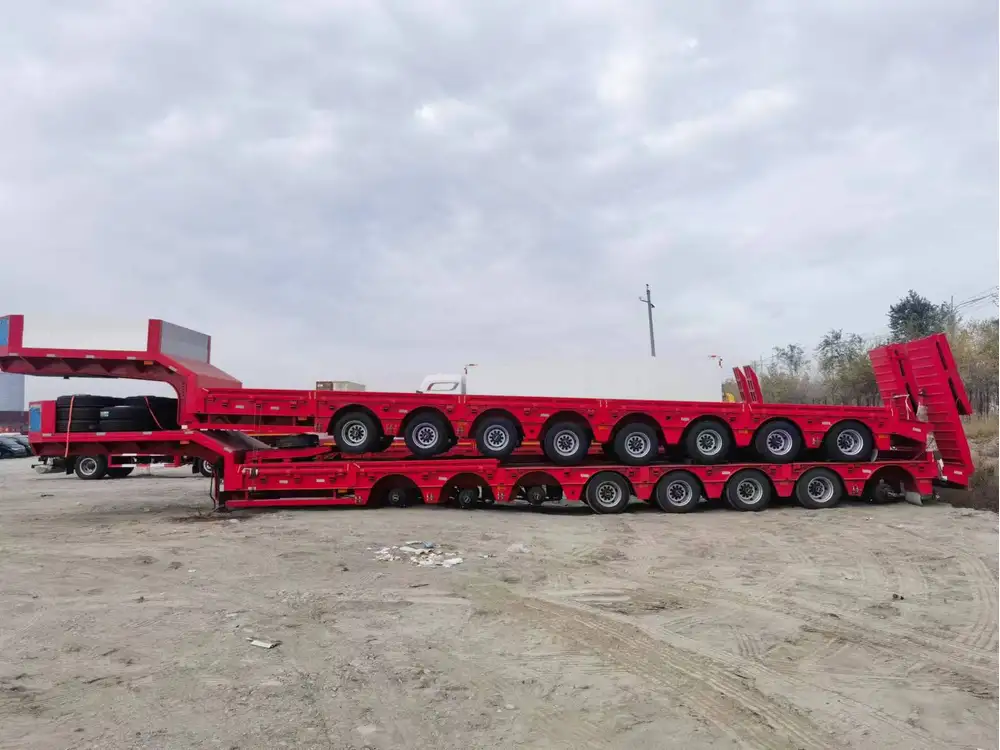
5. Are composite trailer beds a good investment?
Composite trailer beds offer excellent durability, lightweight properties, and low maintenance requirements, making them a worthwhile investment. However, they tend to have higher upfront costs, so it’s essential to consider long-term benefits alongside the initial expenditure.



